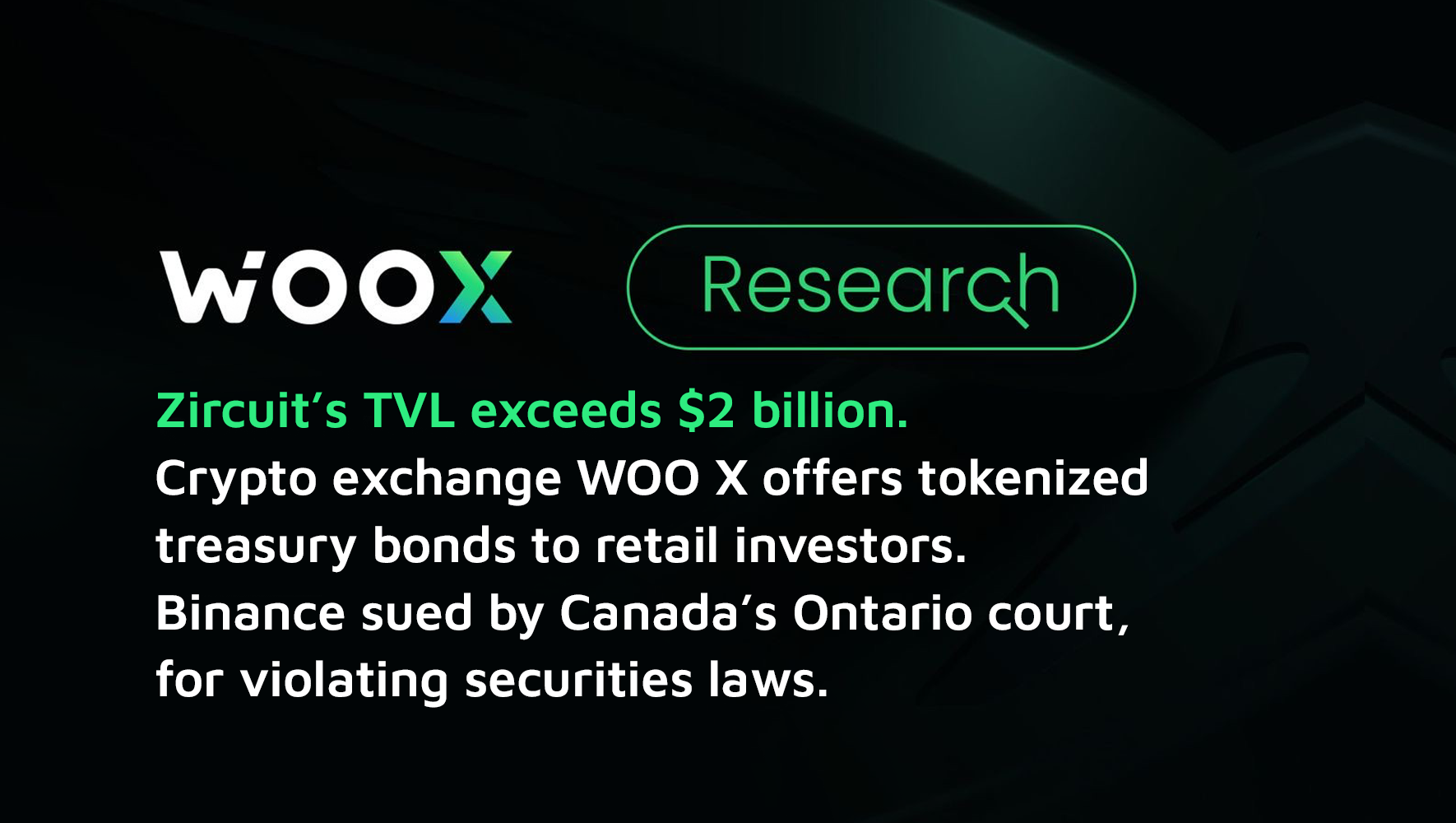article by CryptoJelleNL
Have you ever wondered how the price of Bitcoin on different exchanges is usually very similar, or why they are never exactly the same? While at first, it may surprise you, these small price differences are very common in the financial markets. It happens with stocks, commodities, and even ETFs, where each exchange has a separate market.
These minor price differences are what so-called arbitrage traders try to take advantage of. They buy Bitcoin on one exchange and sell it on the other - taking advantage of the price difference, and generating a virtually risk-free profit.
Let's take the current price of Bitcoin, for example. At the time of writing this article, Bitcoin trades at approximately $28,950 - but prices are not exactly the same on each exchange. WOO has the cheapest Bitcoin, at $28,939.41, whereas Bitfinex is more expensive ($28,956.0), a difference of $16.59.
During volatility, FUD events, or regional narratives, these differences become far more apparent - such as in the 2021 bull market, when Bitcoin traded at significantly higher prices on Korean exchanges as a result of the popularity of crypto in the country. At one point in January 2018, the difference in price per Bitcoin between South Korean and international exchanges was over 50%!
This phenomenon was quickly dubbed the Kimchi premium, and arbitrage traders scrambled to take advantage, selling Bitcoin on South Korean exchanges and buying the same amount of Bitcoin on the global open market. This is also how SBF – the former CEO of now-bankrupt FTX – is believed to have amassed his initial wealth.
What is arbitrage trading?
Arbitrage is a term used to describe "the simultaneous buying and selling of securities, currency, or commodities in different markets or derivative forms, in order to take advantage of differing prices for the same asset" (Oxford).
In essence, arbitrage traders take advantage of the differences between prices of the same asset, on different exchanges. If you buy Bitcoin on the cheapest exchange and sell it at the most expensive exchange, you can keep the difference.
Prices on exchanges are generally very similar, merely because arbitrage traders prevent the differences from getting out of hand. Quite an important role for the industry!
The concept of arbitrage long predates the existence of crypto markets, where people would even travel to buy gold coins in one region and sell them in a region where they would get more money for the same coin. Globalization has since eliminated this opportunity, but the hunt for arbitrage opportunities is as on as ever.
Crypto is one of these younger markets (like gold coins, in their early days), where "traveling between venues" is still profitable.
Considerations when arbitrage trading in crypto
Even though arbitrage trading is a relatively risk-free strategy, there are a few things to consider:
Firstly, it is important to consider fees and slippage. If you buy Bitcoin on Binance, transfer it to Coinbase, and sell it there, you will pay a transaction fee twice, as well as a withdrawal fee - which can eat away at the profits of your arbitrage trade.
Even if you manage to find an arbitrage trade, you will have to act fast enough to take advantage of the price differences. After all, prices can change very quickly, which may mean that the gap will be closed or that prices will have changed before you are able to complete the trade.
Finally, in today's markets, arbitrage funds store crypto on many different exchanges, and run bots that constantly take advantage of the smallest differences, making it very hard for the average Joe to turn a profit from arbitrage.
Is crypto arbitrage profitable?
Nevertheless, crypto arbitrage can be a profitable undertaking, but it requires a large sum of money and access to arbitrage bots. After all, the differences between prices are generally small, (such as the $16.59) difference we saw earlier in the article.
On an investment of 5 BTC (close to $150,000), the profit from arbitraging that gap would be a measly $82.95, before even considering transaction costs.
Arbitrage has very little risk, but the rewards are low too. For savvy coders with a truckload of money, the strategy can be a good way to generate a slow, but steady return on their capital. For smaller retail traders, crypto arbitrage is likely not worth their time.
Other types of crypto arbitrage
In addition to taking advantage of price discrepancies, traders have found ways to take advantage of other minor differences as well! Read on to learn more about some of these alternative arbitrage strategies:
Funding rate arbitrage
A popular arbitrage strategy takes advantage of funding rates and the different funding rates across exchanges. For example, at the time of writing, the BTC funding rate is 0.0096% on CoinEx, and -0.0193% on Gate.
Savvy traders can take advantage of this difference, by entering a long position on Gate, while opening an equally-sized short position on CoinEx. Because the trades cancel each other out, the funding collected on both positions goes into their pocket.
Interest rate arbitrage
A similar approach can be used with lending protocols, where certain protocols will charge a lower interest rate to borrowers, than other platforms may pay for lending. For example, the below screenshot shows the differences between lending and borrowing rates for USDT on different platforms.
This allows opportunists to borrow Tether at a low-interest rate from one supplier, and lend it to another platform for a higher interest rate, taking home the difference.
Note: Such strategies are generally considered riskier than other forms of arbitrage. Do your due diligence before attempting any investing approach, including any form of arbitrage.
Closing thoughts
All in all, arbitrage is a capital-intensive strategy that allows traders to take advantage of minor discrepancies on different exchanges. Most arbitrage strategies have very little risk, so long as they are executed correctly.
Because of the capital-intensiveness of arbitrage trading, and the fierce competition of bots, it is not recommended that average retail traders embark on a significant arbitrage journey.
If you do decide to give arbitrage trading a go, make sure you do your research and properly plan your actions before putting capital to work.
Good luck!
Author's Disclaimer: This article is based on my limited knowledge and experience. It has been written for informational purposes only. It should not be construed as trading or investment advice in any shape or form.
Editor's note: CryptoJelleNL provides insights into the cryptocurrency industry. He has been actively participating in financial markets for over 5 years, primarily focusing on long-term investments in both the stock market and crypto. While he watches the returns of those investments roll in, he writes articles for multiple platforms. From now on, he will be contributing his insights for Alpha Circle as well.
Check out his twitter: twitter.com/cryptojellenl
—
The content above is neither a recommendation for investment and trading strategies nor does it constitute an investment offer, solicitation, or recommendation of any product or service. The content is for informational sharing purposes only. Anyone who makes or changes the investment decision based on the content shall undertake the result or loss by himself/herself.
The content of this document has been translated into different languages and shared throughout different platforms. In case of any discrepancy or inconsistency between different posts caused by mistranslations, the English version on our official website shall prevail.



